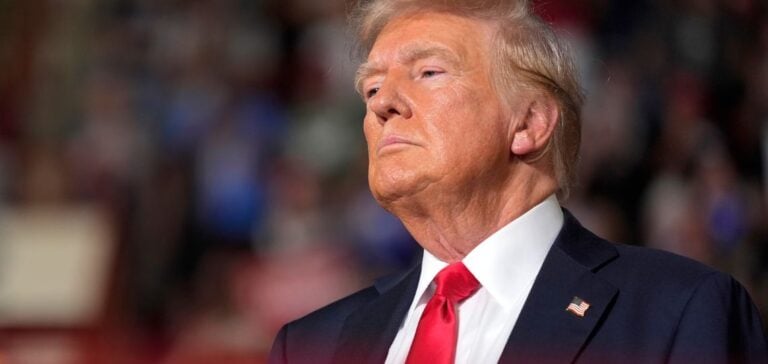The COP29 negotiations, currently taking place in Baku, Azerbaijan, are marked by an atmosphere of distrust as Donald Trump’s return to the U.S. presidency seems increasingly likely. This possibility concerns international stakeholders, and for good reason: Trump withdrew from the Paris Agreement during his first term, a setback that the Biden administration tried to counteract by rejoining in 2021. John Podesta, U.S. Special Envoy for Climate, sought to reassure the international community, asserting that the United States does not intend to abandon climate action, even under a potentially less supportive administration.
Increased Tensions on the International Scene
The primary concern of developing countries is the continuation of the promised climate aid from developed nations. Since the 2015 Paris Agreement, the goal of limiting global warming to 1.5 or 2°C above pre-industrial levels has necessitated massive investments in green technologies and infrastructure. In 2022, this aid reached $116 billion, but developing nations estimate that it needs to be increased tenfold to meet the growing requirements of energy transition and climate resilience. Tasneem Essop, representing the Climate Action Network, highlighted the “climate debt” accumulated by wealthier nations, a concept supported by numerous NGOs attending COP29.
An Uncertain Agenda for Crucial Decisions
COP29 has also been marked by persistent friction over the agenda, a point that underscores North-South tensions. The primary issue is the divergent priorities between developed and developing countries for this conference. While the adoption of an initial decision regulating the carbon credit market marks progress, this move falls short of meeting the expectations of Southern nations, for whom issues of climate justice and funding are paramount. China and India, among others, have taken a strong stance to defend an agenda aligned with their national and regional priorities, posing an additional challenge for Western countries, especially the European Union, which wants to uphold the momentum of the Paris Agreements.
The Crucial Role of the European Union
Facing the potential absence of the United States in the fight against climate change, the European Union, though lightly represented in Baku, assures its commitment to maintaining its efforts. Public funds from European countries currently finance various projects: solar power plants, infrastructure to withstand droughts, and other essential initiatives in the most vulnerable countries. However, budgetary austerity prevailing in Europe could limit these commitments, raising questions about the Union’s capacity to compensate for a potential U.S. withdrawal.
The Paris Agreement, a Fragile Balance
COP29 appears to be a pivotal moment for the Paris Agreement, threatened by a potential U.S. exit. Such a move would be especially symbolic, given that Azerbaijan, the host of this conference, is itself a key player in the oil sector. If Donald Trump returns to the White House, a U.S. exit from the Agreement could inspire other nations to follow, thereby reducing the impact of this historic agreement. The Paris Agreement, signed in 2015, remains crucial for limiting global warming, although current trajectories point to a projected warming around 3°C by 2100, an alarming figure according to experts.






















